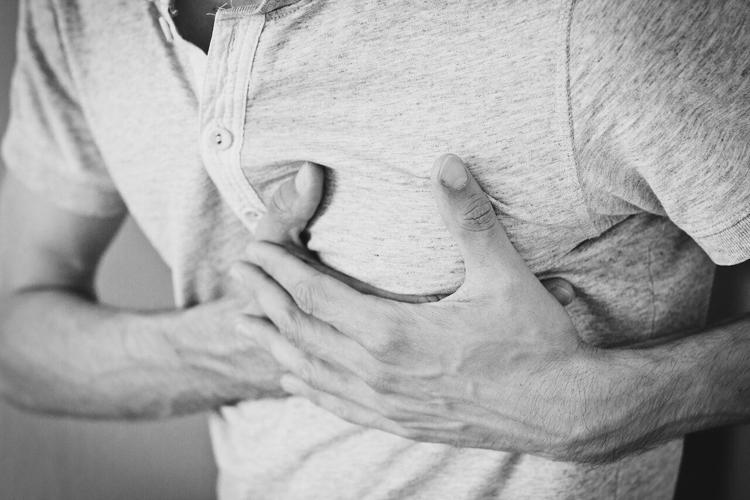
(Photo by freestocks.org via Pexels)
By Stephen Beech
Hollywood gives a "misleading" impression of what happens when people suffer a heart attack, according to experts.
Movies and TV have created "myths" that need to be dispelled so people recognize real heart attack symptoms, say doctors.
A new study shows drama has shaped how many people imagine a heart attack, with someone clutching their chest before collapsing dramatically, known as "The Hollywood Heart Attack."
Ann Eckhardt, a nursing Professor and researcher at The University of Texas at Arlington, says those portrayals are "misleading" and shouldn’t be expected.
The study, published in the journal Heart & Lung, revealed that nearly 75% of respondents had consumed heart attack information through sources such as TV or movies, which researchers say highlights the need for clearer, more accurate educational materials on chest pain and related symptoms.
Dr. Eckhardt said, “We did ourselves a disservice in the 1980s and 1990s with what’s known as ‘The Hollywood Heart Attack.' “

(Photo by Edgar Colomba via Pexels)
That’s unfortunately not real life. It’s not always intense.
"Sometimes it’s just discomfort that doesn’t feel quite right, so people tend to wait to see a doctor.
"The longer you wait, the more likely you are to have negative consequences after your heart attack.”
Dr. Eckhardt and her colleagues are working to set the record straight by first understanding how the public perceives chest pain.
She said many heart attack patients don’t experience the dramatic, big-screen version.
Instead, symptoms can be "complex" and even mild.
Dr. Eckhardt says another widespread myth is that heart attacks look drastically different in men compared to women.
She said, “We used to say men have typical symptoms and women have atypical symptoms.
“We’re trying very hard to move away from that language now.

engin akyurt
"The most common symptom for men and women is chest-related.
"We created confusion by saying women are somehow completely different.”
Dr. Eckhardt and her colleagues are driven to change public perception.
She helped develop the “Chest Pain Conception Questionnaire” three years ago to help determine how everyday people view heart attacks.
Dr. Eckhardt said, “We often tell people chest pain is a symptom of a heart attack, but what we don’t tell them is what they might actually feel.
“For a lot of people, it’s not pain in the traditional sense. It’s more discomfort, pressure, tightness.
"They just don’t feel quite right, but they can’t really put their finger on it.”

Avel Chuklanov
She says that uncertainty often causes people to delay seeking medical attention.
Dr. Eckhardt said, “The longer you wait, the more likely it is you’ll have irreversible damage to the heart.
“So, if we can determine what people think a heart attack will be like, perhaps we can help the medical community better triage and ask questions.
"It’s not just ‘Are you having chest pain?’; it’s also ‘Do you have any discomfort, pressure, tightness, squeezing?’”
She recalls being in middle school when her grandfather was rushed to the hospital after a heart attack.
Fortunately, he underwent a successful bypass surgery and lived for another 20-plus years.
Dr. Eckhardt added: “That experience sparked my interest early on."













